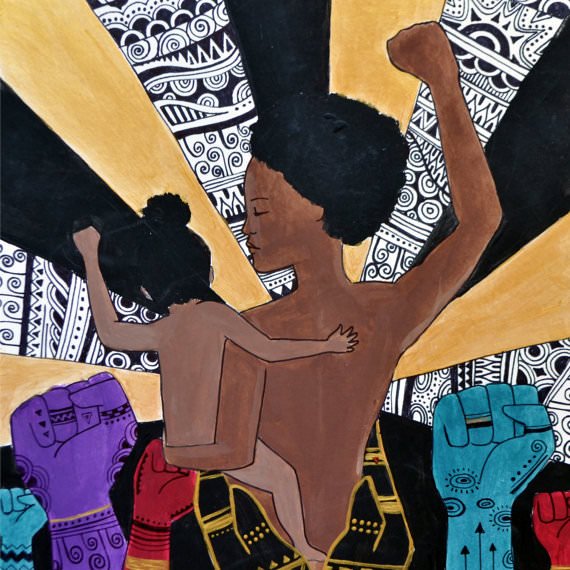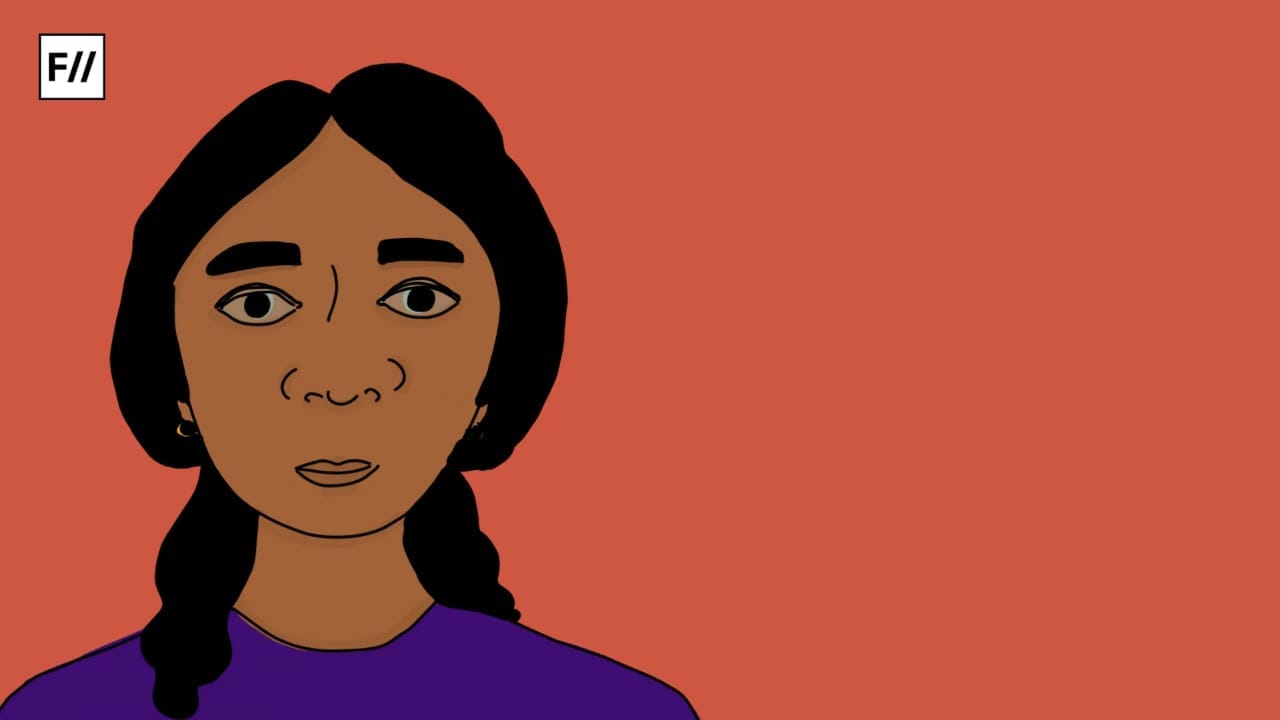Feminism was not even on the radar of my vocabulary when I was growing up in India. Come to think of it, the concept of equality was not even an atom of a thought in my everyday life.
Girls were taught to obey men from a young age by watching their mothers serve their fathers. At family gatherings the children were served first, then the men would take their places after the children had vacated the dining table and, lastly, the women would eat what was left. The men had the lion’s share of the food as the children were rationed in what they were served so as to leave enough for the men.
Girls and boys were able to play together freely until the girls started their periods. A ceremony referred to as ‘attending age’ was held to announce to the community that the girl had become a woman and, thereby, had to play by different rules in contrast to the carefree playtimes pre-attending age.
I was a rebel of sorts, not always being able to get my own way but I did win the battle over not wanting to have an ‘attending age’ ceremony. I found it hideous and embarrassing that people should know that you were bleeding between your legs. For the amount of rules about being modest as an Indian female I did think it was immodest to have your ‘attending age’ announced to everyone (which no doubt is done with such fanfare because it signifies that you are ready to make babies now).
Alas, inverse logic did not stop the ‘aunties’ from showing their utter disappointment in my behaviour. When I wore shorts the relatives would comment on how wearing such attire would lead to ‘loose behaviour’. Oh my goodness, it was endless.
Wearing a dress above the knees was also considered as ‘loose behaviour’. I thought I had it hard till one day I got talking to a Sikh girl at school who told me that her mother was giving her sister-in-law grief for wearing panties instead of shorts (kacchera, one of the five Ks prescribed by Guru Gobind Singh, the 10th and last Sikh Guru) as underwear. The former was considered as irreligious and provocative.
As a teenager my life was a swirl of negotiating my independence away from my culture that was suffocating me. That I had ‘become Westernised’ was a common slight. ‘Becoming Westernised’, as all Indian feminists know, translates into you being assertive of your rights as a female which is a big no-no in our culture. The premise is that no man will want to marry an independent woman. The end goal, of course, is for every daughter is to get her married off before she loses her virginity pre-marriage.
I remember hearing about the ‘bra-burners’ and occasionally hearing names of Western feminists such as Gloria Steinem. It all seemed a far away occurrence though and a world away from the way I was living. Looking back now I realise that I saw feminism as a white woman’s privilege. It never dawned on me that I could become a feminist, and that I could choose that path freely.
Things started to change for me when my daughter was born 17 years ago. Even though I had been living in Britain for about 20 years before she was born I had never bothered to ponder on feminism. Something changed as my daughter was growing up. My maternal instinct was to let her be herself and to explore life without stifling her with cultural rules.
Soon I was challenging my own upbringing and was beginning to see how cultural thinking had shaped my own life without me realising it. Feminism, on the contrary, gave me the power to makes changes to my life. I began to read books by feminist but these were mainly written by White feminists. I wanted something, a brand of intersectional feminism, to help me shape my own views.
I felt very isolated and spent hours on the internet looking for like minded mothers. I found a website called The Motherhood Initiative for Research and Community Involvement (MIRCI) from which I learnt that my style of mothering with all the aspirations and hopes attached had a name: “feminist mothering”. Journals published by MIRCI include ones on Indian feminism and mothering; and experiences of women of colour living in Western countries.
Having the words to describe what I was feeling and wanting for my daughter propelled me from being ignorant about feminism to becoming a feminist mother. It was an exhilarating feeling because I did not have to consider what other people thought. I was free to make and unmake the rules of my life which served as the platform from which I practised feminist mothering.
Since then I have become extremely interested in Indian feminism and intersectional feminism because my daughter is mixed race – half White and half Indian. The fact that there are millions of Indian feminists existing around the world is a fact that I celebrate. This is why I so badly wanted to write for ‘Feminism In India’.
Being an Indian feminist in a Western country is not an easy existence. It can be a lonely experience. Apart from sexism there is racism to contend with so I am sometimes fighting on two fronts. I despise the stereotypical images that English people have of Indian women, the most irritating one being that we are subservient by nature. I also get fed up being asked whether I can dance well. I am not a Bollywood actress. I am not a dancing, docile woman. There is still much work to be done to get intersectional feminism recognised and I will carry on fighting.
Featured Image Credit: Catie Atkinson via Etsy
About the author(s)
Jane Chelliah is of Tamil descent and lives in London. She blogs about race, feminist mothering and cultural issues at http://ambitiousmamas.blogspot.co.uk/.




